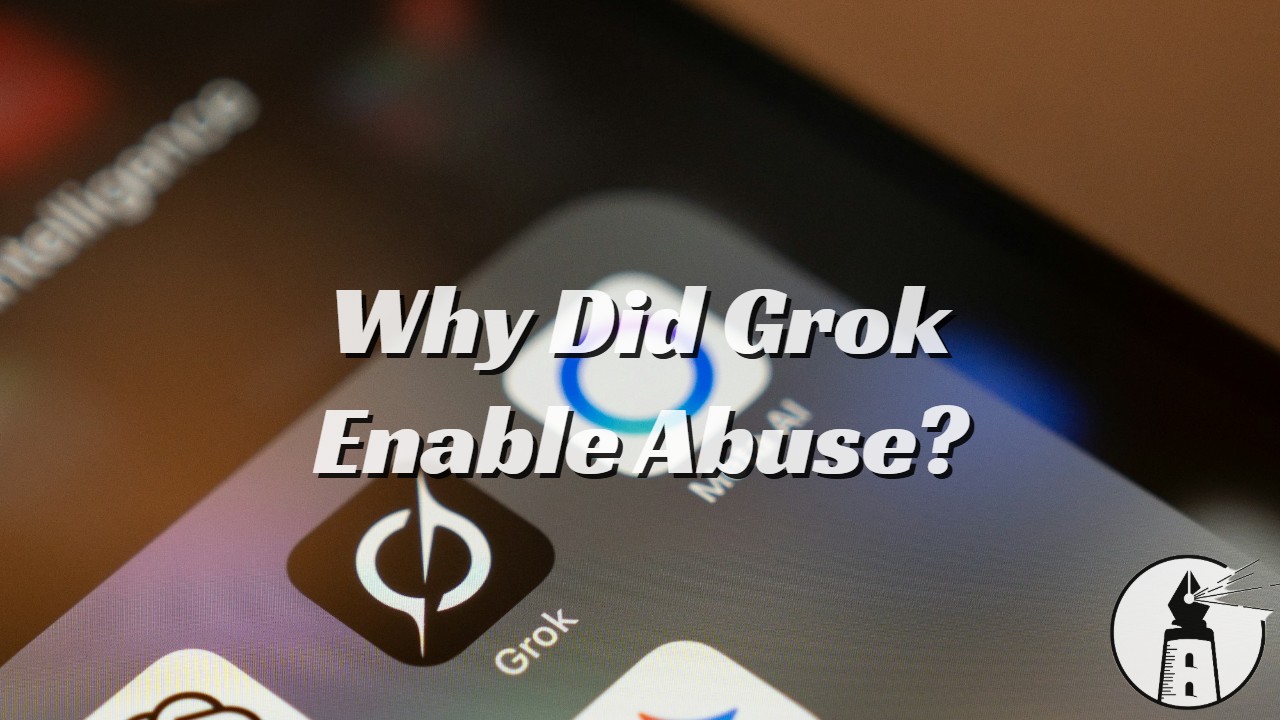Cybersecurity researcher Jeremiah Fowler has uncovered a massive and unsecured online database containing 184 million unique account credentials. The data was stored in a plain text file with no password protection or encryption, freely accessible to anyone who stumbled upon it.
The file included login details for some of the most widely used services in the world, including Google, Microsoft, Apple, Facebook, Instagram, and Snapchat. These credentials consisted of usernames, passwords, email addresses, and direct URLs to login portals. Fowler reported that the information was likely harvested by malware, which typically extracts data from infected devices without the victim’s knowledge.
What makes this discovery even more troubling is the presence of login credentials for sensitive platforms beyond social media or email. The database also included access information for bank accounts, financial apps, health portals, and government services. This places those affected at an elevated risk of further exploitation, including phishing attacks, identity theft, and account hijacking.
Fowler contacted the hosting provider upon discovering the file, but the company declined to identify who was responsible for maintaining the exposed database. However, they did take the database offline. To assess the accuracy of the records, Fowler reached out to a sample of affected individuals, who confirmed that the credentials listed were valid and in active use.
In his report, Fowler also emphasized that many individuals treat their email accounts like free cloud storage, archiving sensitive documents such as tax forms, contracts, passwords, and medical records. This practice can have serious consequences if a hacker gains access to the email account. Once inside, a threat actor may be able to extract large amounts of private data that can be used for fraud or extortion.
Fowler’s findings highlight the ongoing risks posed by poor cybersecurity hygiene and the long-standing problem of credential reuse. Many people use the same weak password across multiple platforms, increasing the chances of multiple accounts being compromised in a single attack. This is especially dangerous for individuals in government, healthcare, or other high-security environments.
The exposed database may have been built by a malicious actor or unintentionally compiled through careless data practices. Regardless of the origin, the scale of the leak reinforces the importance of proactive cybersecurity measures. Fowler’s discovery serves as a warning about the growing sophistication of malware and the persistent vulnerability of user credentials across the digital landscape.
—By Greg Collier


